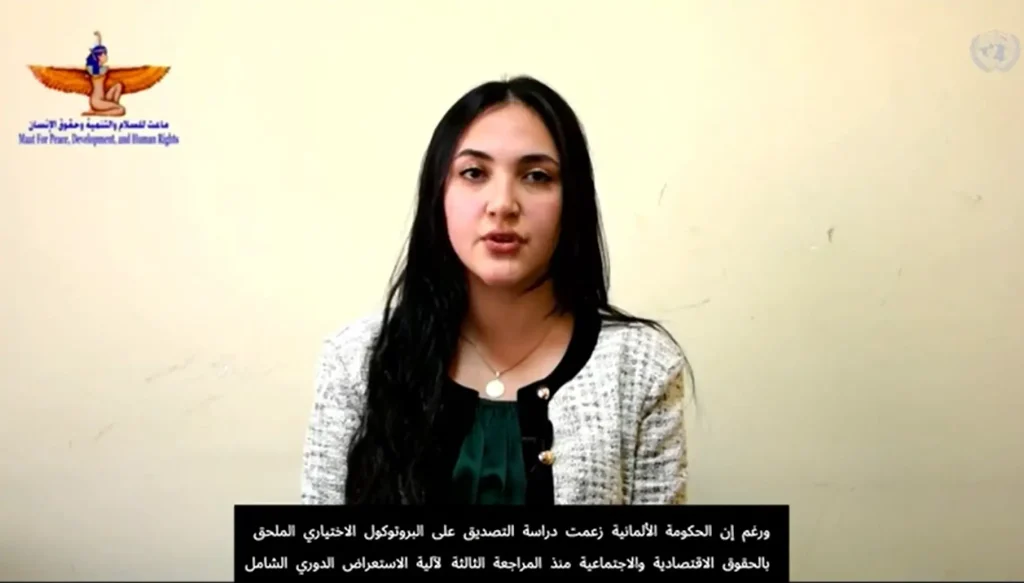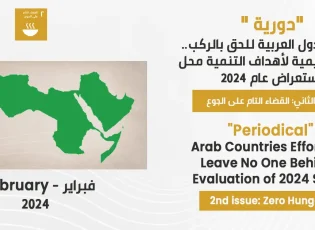In pictures: the reintegration of returning fighters at the Maat table and the international mission at the Human Rights Council
Aqeel: He stresses the need to implement the Madrid Guidelines
The Maat Foundation for Peace, Development and Human Rights and the joint international mission that includes four human rights organizations organized a seminar on the possibility of rehabilitating fighters returning from terrorism, on the sidelines of the work of the 41st session of the United Nations Human Rights Council in Geneva, which began on June 24 and continues until July 12.
The symposium discussed the seriousness of terrorism and the unprecedented challenge it poses to the present and future of humanity, and was attended by Ayman Aqeel, President of the Maat Foundation, and Hajer Moncef, Director of the Foundation's African Affairs Unit, Roberto Capto from Italy, Rence Priljentz from Latvia, and Christian Kilonzo from Kenya.
During the symposium, Akil shed light on the problem of reintegrating returning terrorist fighters after joining extremist groups on the world stage in the recent period, which increases the need for a global dialogue to agree on how to deal with these returnees in the coming periods, guided by the Madrid guidelines set by the United Nations. Aqeel pointed out the seriousness of the issue globally, especially after the confirmation of the High Commissioner for Human Rights, Mrs. Michel Bishleet.
For his part, Christian Kilonzo from Kenya said, "Africa has not escaped the changing face of terrorism in the world, and looking at the map of terrorist groups spread in Africa, we see that there are many armed groups operating in the continent, but these groups differ in ideology and motivation."
For her part, Hajar Abdel-Monsef from Egypt drew attention to the internal and external causes of the spread of terrorist groups in Africa, as the internal causes are unemployment, diseases, hunger and the remnants of foreign colonialism, in addition to external intervention to control African wealth.
From this point of view, Priljnts touched on the discussion that the crisis of the return of foreign terrorist fighters is very political, adding that despite the existence of rehabilitation programs that require a certain amount of financial resources, training and experience, they pose a great potential threat to the security of the surrounding communities.
Finally, Roberto Caputo stressed the importance of taking care of rehabilitation programs, especially for children who are being recruited by armed and terrorist groups.
It is worth noting that the Maat Foundation participates in the forty-first session, and heads the joint international mission, which includes 26 individuals from 8 European, Arab and African countries.















